|
Children on the Edge works in coalition with local communities in some of the toughest places in the world, transforming the lives of marginalised children by creating protective environments where they can safely live, play, learn and grow.
2022 has been an incredible year of transformation for the children we work with, thanks to continued support of our Children on the Edge community. We'd love to invite you to grab a cup of tea and read through our monthly highlights from 2022 and see just how much your generosity is making a difference.......
0 Comments
Children on the Edge works in coalition with local communities in some of the toughest places in the world, transforming the lives of marginalised children by creating protective environments where they can safely live, play, learn and grow.
2022 was an incredible year of transformation for the children we work with, thanks to continued support of our Children on the Edge community. We invite you to grab a cup of tea and spend some time reading through our highlights page to find out all about the impact you had in 2022, and just how much your generosity is making a difference. Shahida Bibi is nine years old and lives in Kutupalong refugee camp in Bangladesh with her parents and three siblings. She attends one of our Learning Centres. Read her story....
The children we support in Kachin State, Myanmar have recently received new 'crocs' and raincoats to help them cope with the heavy rains and flooding in the remote mountain camps where they live.
Border closures and conflict have left hundreds of families without food and basic supplies in Kachin State, Myanmar where Children on the Edge work with displaced communities, living in remote mountain camps. Our food relief programme has just ensured that 970 households received emergency food parcels, to last them a month. Find out more below.
Every year, our partners in Kachin State, Myanmar provide the children who attend our Early Childhood Development centres with a new set of warm clothes to help them stay warm during the winter months. The children received their parcels in December 2021 and were absolutely delighted with their new clothes. The children were even happier to return to their preschools to show off their new clothes in January after many months of closures.
Thank you so much for your donations throughout the year that help to make this all happen. The World’s Forgotten Conflict in Kachin State, Myanmar is forcing hundreds of thousands of displaced Kachin people to live in remote mountain camps, cut off from basic services and support. Compounded by Covid-19 and a military coup in Myanmar; the situation for the people of Kachin State is getting worse. Read more about the current situation and what we’re doing to help.
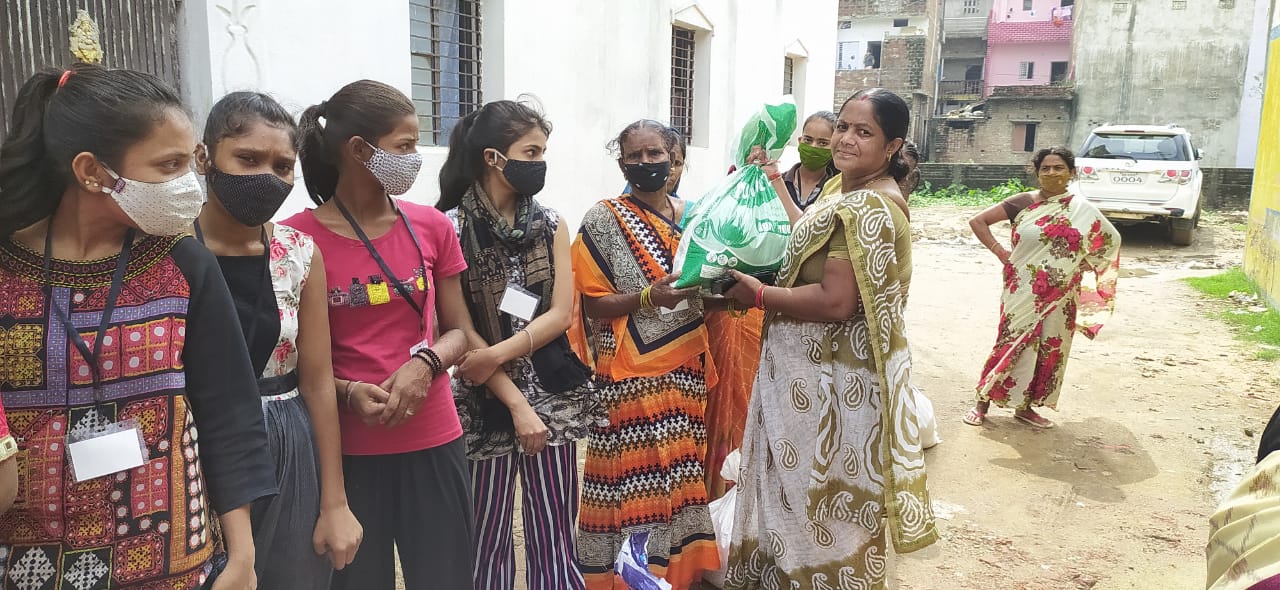 Children on the Edge works in coalition with local communities in some of the toughest places in the world, transforming the lives of marginalised children by creating protective environments where they can safely live, play, learn and grow.
It will come as no surprise that our focus in 2020-2021 has been responding to the coronavirus pandemic and it’s devastating effects in every area where we work.
Bawk Kai Mai is five years old and lives in Kachin State, Myanmar. She and her family were displaced by conflict near their home and had to flee to the mountains on the border of China. Bawk Kai Mai now attends one of the Early Childhood Development Centres we support in these camps.
|
RECEIVE OUR EMAILSBlog Categories
All
Archives
July 2024
|
|
JOIN US ON SOCIAL MEDIA
|
Annual Report | Contact Us | Jobs | Media Centre | Resources | Shop
Accessibility & Policies: Accessibility | Equity, Diversity & Inclusion Policy | Complaints| Privacy Policy | Safeguarding
Accessibility & Policies: Accessibility | Equity, Diversity & Inclusion Policy | Complaints| Privacy Policy | Safeguarding
Children on the Edge, 5 The Victoria, 25 St Pancras, Chichester, West Sussex, PO19 7LT, UK | 01243 538530 | [email protected]


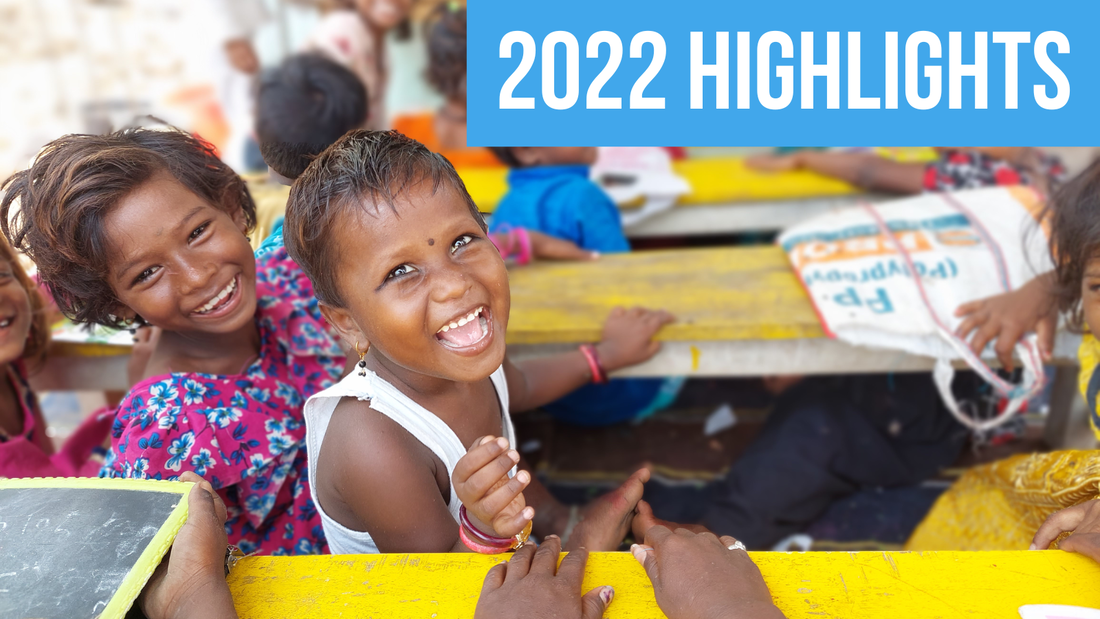
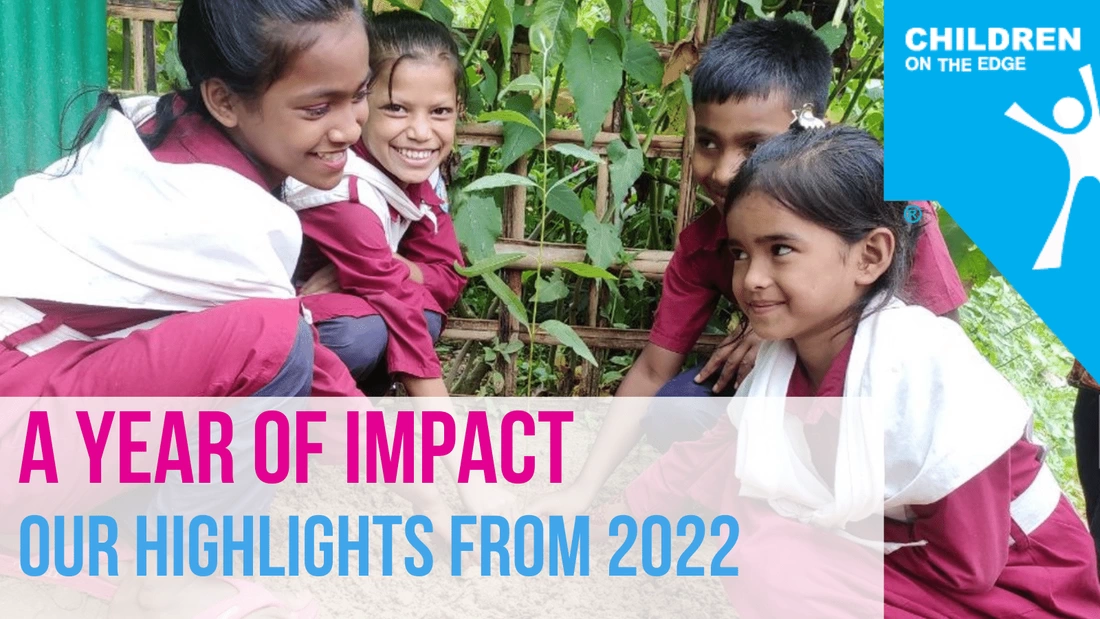
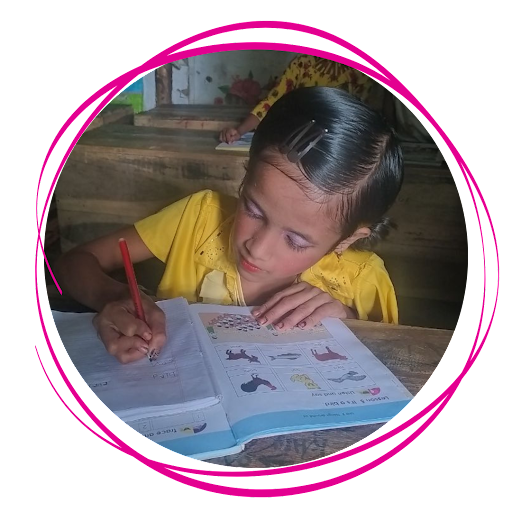
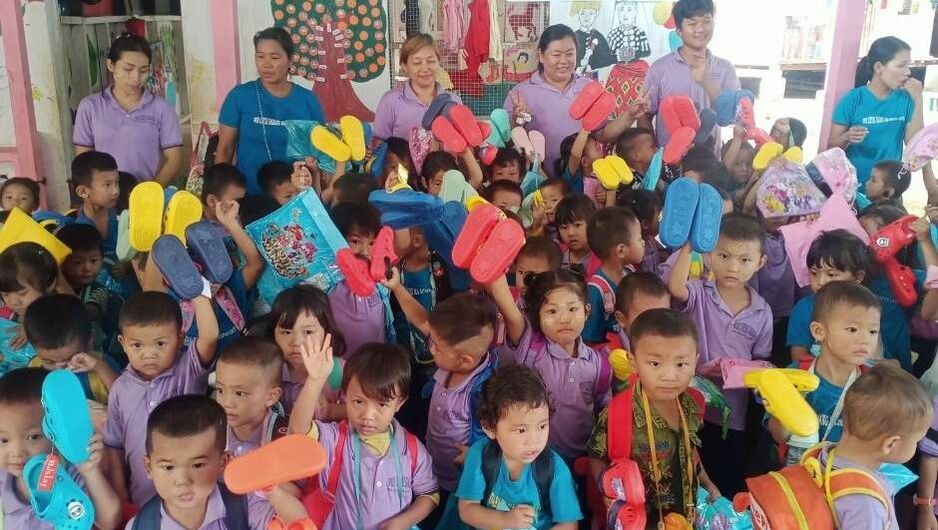
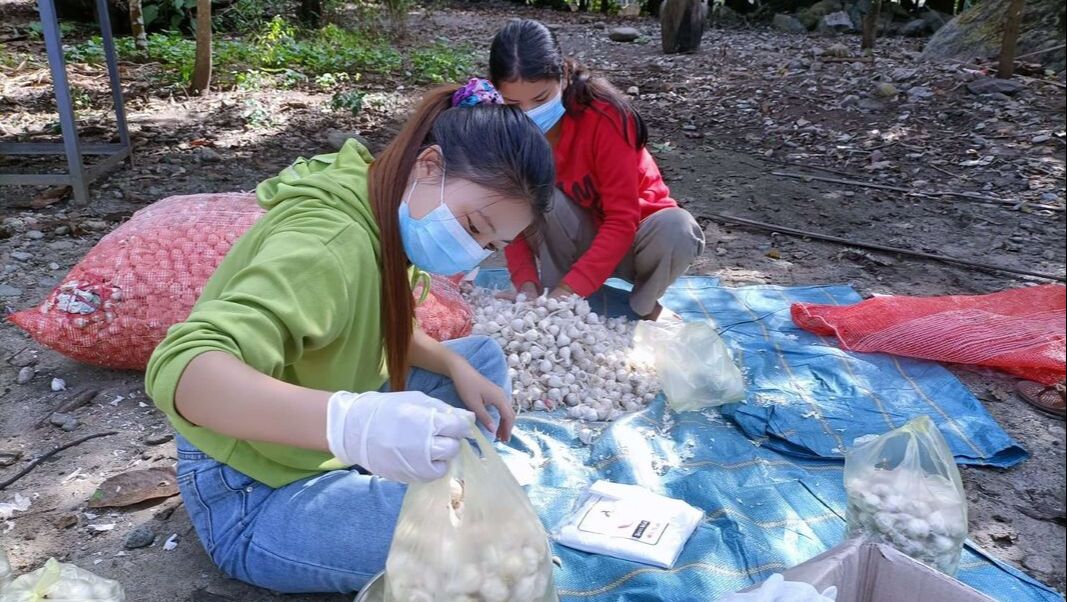
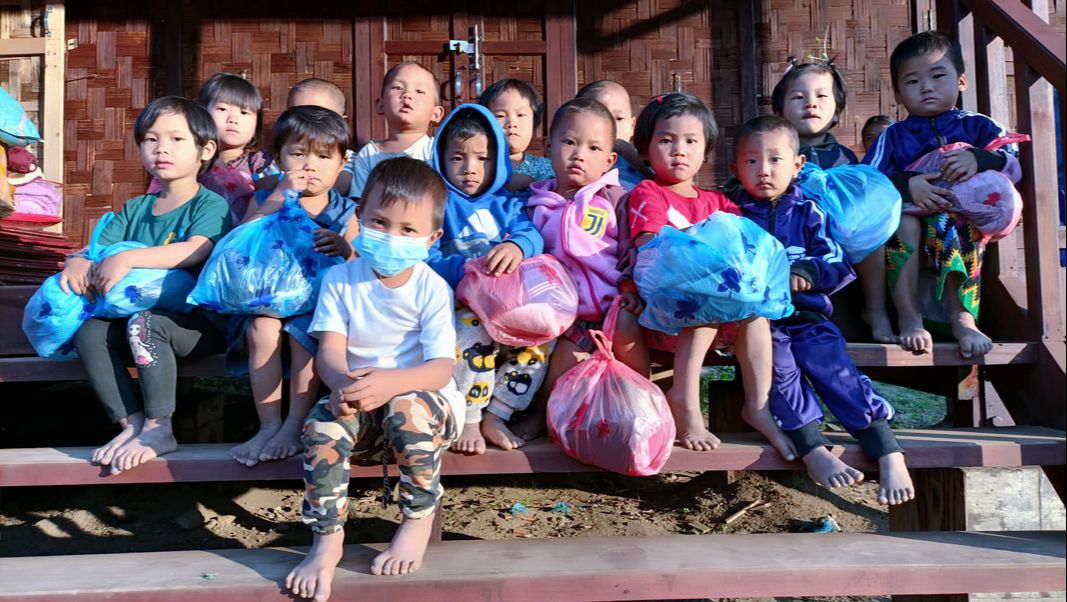
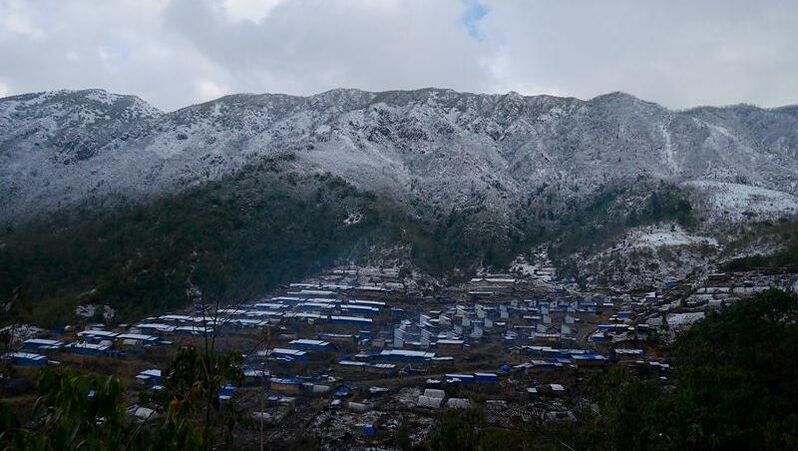
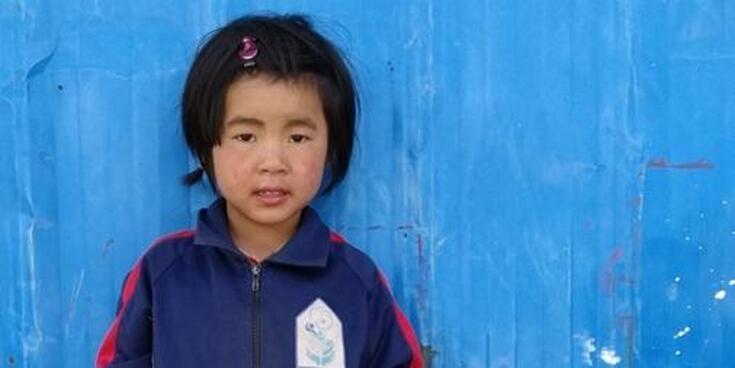
 RSS Feed
RSS Feed
